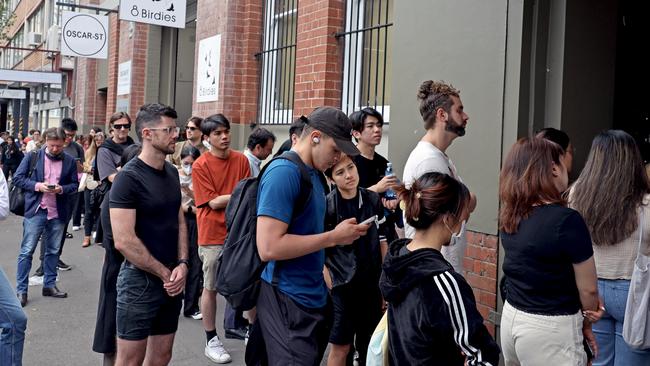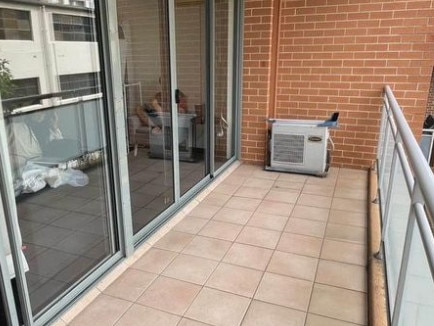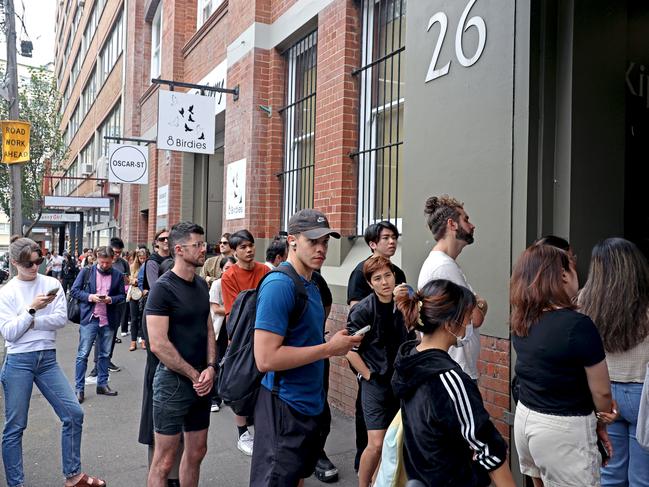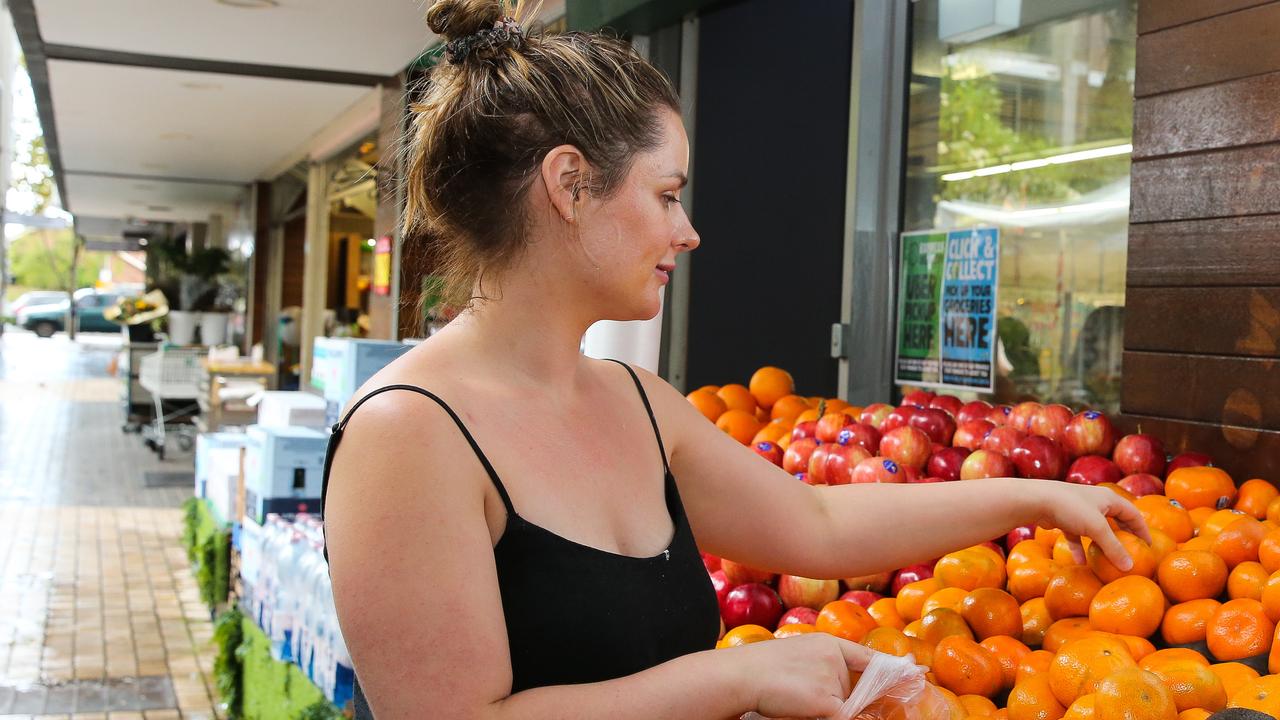‘Don’t have a choice’: Experts warn international students vulnerable to poor living conditions as rental crisis deepens
Overcrowding could be on the rise again as experts warn one group may be particularly vulnerable to sub-par accommodation amid the rental crisis.

Property
Don't miss out on the headlines from Property. Followed categories will be added to My News.
Overcrowding could be on the rise again as experts warn international students may be particularly vulnerable to Australia’s “tough” rental market.
Renters remain in the deep end, particularly in Sydney, with the national median rent sitting at $600 per week, according to latest figures from PropTrack.
Rental prices have increased by 9 per cent over the past year, while the number of properties available for rent is down 4.4 per cent from last year and 25 per cent lower than the five-year June average.
PropTrack director of economic research Cameron Kusher said a lot of people are struggling under the current conditions, as questionable listings pop up.
A capsule “apartment” caused a stir recently, being offered as a long-term living solution in the heart of Sydney for $300 per week.
An enclosed Sydney balcony was also listed on Facebook marketplace just weeks ago, where it was advertised as a “sunny room”.
When it comes to unique listings such as these, Mr Kusher said people simply “don’t have a choice”, especially in Sydney.
“A lot of people just don’t have the capacity to pay the rent, and I guess that’s why you see people renting out tiny little pods and tiny little balcony rooms,” he said.
“It speaks to the desperation and the lack of rental affordability in Sydney that these are the lengths or solutions people are having to look for. I don't think anyone wants to live in those conditions, but some people just don’t have a choice.”


He added while Proptrack isn’t seeing many similar listings, “certainly there’s evidence of those popping up”.
International students may be particularly vulnerable to sub-par living conditions, as International Education Association CEO Phil Honeywood explained students often aren’t sure of their rights or the specifics of Australian rental standards, and can therefore be left open to exploitation.
“Often they can compare from a crowded city in China or India and think ‘Oh, it can’t be too bad’ when they first go into that rental situation, but then they discover, of course, compared to other Australian standards, they are likely being taken advantage of,” he said.
“There’s many cases of international students also being subjected to somebody from their same culture who purports to be a good landlord and absolutely rips them off,” he said.

Students from big family backgrounds may not have much parental support either, Mr Honeywood said, meaning students can be left “pretty much on their own” as they struggle to pay rent and make ends meet.
“They often end up living in rental accommodation at the end of the railway line, and in Melbourne that years ago led to … students living near railway lines near where youth gangs also lived, (they) got picked on,” he said.
International Student Legal Service senior solicitor at Redfern Legal Centre, Sean Stinson, said the service has seen about a 10 per cent increase in tenancy issues over the last 12-18 months, with tenancy issues comprising about 35 per cent of the advice given out by the service.
“Demand has increased significantly over that period of time,” he said, with issues ranging from bond disputes to issues in boarding houses and lodgings.
“Tenancy is the biggest issue … If we look probably about six years ago we were looking at issues associated with hot bedding or overcrowding — we’re starting to see a little bit of that overcrowding resurfacing.”
This could drive people to the point of looking to rent out balconies, or opt to stay in divided rooms, Mr Stinson said.
“The concerns with that is that quite often a person that is occupying that type of space, they would usually not have very much in the form of an agreement, and therefore very little in the form of protection,” he said.
“What we’re seeing is that students are left with very few options of where to reside, and there is absolutely a danger that they’re going to be pushed into accommodation that is unregulated.
“That is, they have no protections, and the concern with that is the health wellbeing. That’s certainly an issue that we see … the students are struggling to find a home to put a roof over their head, which as we know is a basic human right.”
Originally published as ‘Don’t have a choice’: Experts warn international students vulnerable to poor living conditions as rental crisis deepens




